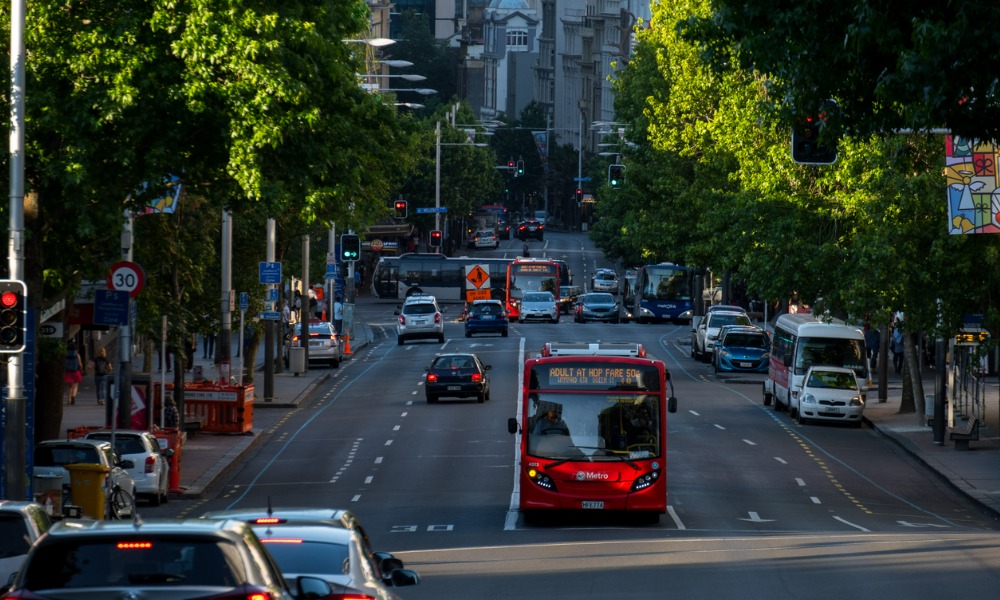
'This is our chance to deal with some of the overarching structural issues that have been embedded in the industry'

Bus drivers across New Zealand made history as they became the first group of workers to move to the negotiation table for a Fair Pay Agreement (FPA), following approval from the Ministry of Business, Innovation, and Employment (MBIE).
MBIE chief executive Carolyn Tremain issued a notice this week granting the approval for the FIRST Union to "initiate bargaining for a proposed fair pay agreement."
The industry covered by the proposed FPA will cover bus drivers plying interurban, rural, and urban routes.
The negotiation opens the opportunity for drivers to contribute to the negotiating process, regardless of their location and their employer, according to FIRST Union assistant general secretary Louisa Jones.
"This is our chance to deal with some of the overarching structural issues that have been embedded in the industry through the previous contracting model and rebuild a bus system that truly works for all drivers and passengers," Jones said in a statement.
According to the union, it would work with the Tramways Union and Amalgamated Workers Union in creating a standard agreement that will be applicable nationwide.
Meanwhile, the New Zealand Council of Trade Unions (NZCTU) also hailed the approval, declaring it a "historic moment" that will rejuvenate the industry.
"Bus drivers have been trapped in an industry where competitive tendering under the public transport operating model has created a race to the bottom for employment conditions. The successful negotiation of an FPA in this industry will stop that happening," said NZCTU president Richard Wagstaff in a statement.
'More than just pay'
The proposed FPA would also address the safety concerns of drivers amid reported violent assaults from passengers, according to the NZCTU.
"An FPA is about more than just pay, it will also provide a mechanism to address the serious health and safety issues in the industry, including the increasing number of violent attacks on bus drivers," Wagstaff said.
This is a similar concern raised by Sid Kumar, an Auckland-based urban bus driver, who said the FPA would prioritise the safety of drivers.
"The FPA is the pathway for us to negotiate minimum expectations at work like increased security and developing better protections for drivers in the cabin," Kumar said.
Controversial FPA
The MBIE approval marks a significant development in the implementation of FPAs following its controversial passing in 2022.
To recall, employer groups expressed their opposition to the FPA, calling it "fundamentally flawed" and is "unlawful under both current and domestic and international employment laws."
Following its passing, the BusinessNZ Network said it will extend legal and consultation assistance to employers who will be affected by FPAs.
Employers are now being urged by unions to "come to the table" to develop FPAs that will result to better conditions and support higher recruitment and retention.